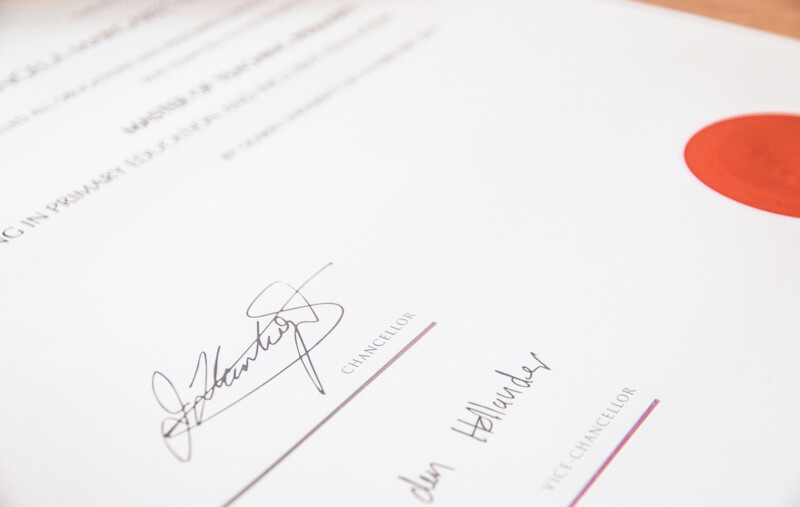Au moment de la création d’une entreprise, il est essentiel de maîtriser la notion de capital social. Son montant et sa répartition ont un fort impact sur le démarrage de l’activité et le quotidien de la société. Retrouvez les principaux points à connaître sur son fonctionnement et son utilité.

Qu’est-ce que le capital social d’une entreprise ?
Le capital social représente la somme injectée dans l’entreprise par les actionnaires et les associés. Il peut s’agir d’une somme d’argent (apport en numéraire), ou d’un apport de biens matériels ou immatériels (apport en nature). Déposé au cours de la création de la société, le capital social peut ensuite être alimenté ou, à l’inverse, servir pour des problèmes de trésorerie. Il doit impérativement apparaître sur les documents officiels de l’entreprise tels que les factures et devis.
À quoi sert-il ?
Un matelas financier
Le capital social a pour objectif principal de soutenir le démarrage de la société en finançant les investissements de départ, qui sont souvent importants. Il permet également de garantir la santé financière de l’entreprise en évitant de puiser dans ses fonds propres en cas de pertes.
Même s’il est possible de créer une société à partir d’1 € symbolique, avoir un capital minimum de départ de quelques milliers d’euros semble indispensable pour la création de la plupart des activités et obtenir une attestation de dépôt de capital
L’image de la santé financière de l’entreprise
Aux yeux des investisseurs potentiels, des fournisseurs et des partenaires, un capital social élevé est gage d’une bonne santé financière de l’entreprise. Pour un banquier par exemple, l’injection d’une somme d’argent conséquente dans la société est signe d’un engagement significatif de votre part et de votre détermination.
Pour donner une bonne image d’une jeune entreprise, celle-ci doit disposer d’un capital cohérent par rapport à son activité, sa taille et ses ambitions.
La répartition des pouvoirs
Dans les entreprises constituées de plusieurs associés, la répartition du capital social définit l’attribution des parts sociales, et donc du pouvoir de décision. Une part sociale équivaut à une voix lors des votes en assemblée générale.
Dans une SARL à 3 associés, lorsque l’associé A dépose 40% du capital de la société, il détient alors 40% des voix lors d’un vote. Si B et C déposent chacun 30% du capital, ils possèdent chacun 30% des voix. L’associé A est l’associé majoritaire.
Il apparaît donc primordial de prendre le temps d’évaluer l’impact de la répartition du capital pour la gestion de l’entreprise.
De quoi est-il constitué ?
Les apports en numéraire
L’apport en numéraire est l’apport strictement financier. Les associés déposent de l’argent au capital social en échange des droits aux bénéfices proportionnels à leur apport et du droit de vote lors des assemblées.
Les apports en nature
Les associés d’une entreprise peuvent effectuer un apport en nature en fournissant des biens matériels et immatériels. Les biens matériels peuvent être des machines, des outils, des biens immobiliers, et les biens immatériels des logiciels et des brevets.
Les apports en industrie
L’apport en industrie est l’apport d’une connaissance professionnelle, c’est-à-dire un savoir-faire ou une technique spécifique. Certaines sociétés, telles que les SA, ne peuvent pas avoir recours à l’apport en industrie.
Comment déposer et débloquer le capital social d’une société ?
Dès lors que vous avez choisi le statut juridique de votre entreprise et sa dénomination sociale, vous pouvez rédiger les statuts. Puis, vous devez ouvrir un compte bancaire professionnel au nom de la société pour y déposer le capital social. Après le versement, la banque, la Caisse des dépôts et de consignation ou un Notaire, vous délivre une attestation de dépôt de capital ou de dépôt de fonds à envoyer au SIE (service des impôts des entreprises) accompagnée de 4 exemplaires des statuts.
Une fois que les statuts de votre société sont approuvés par le SIE, vous devez procéder à la publication d’une annonce légale, qui équivaut à la déclaration de naissance de votre entreprise.
Vous pouvez ensuite faire immatriculer votre société auprès du CFE compétent. Vous recevrez sous quelques jours un extrait KBis qui vous permettra de débloquer les fonds initialement déposés.
Pour gagner du temps dans le processus de création de votre entreprise, vous pouvez ouvrir votre compte professionnel auprès d’Anytime et vous faire accompagner dans vos démarches de création par ses partenaires. Après une ouverture 100% en ligne qui ne nécessite que quelques minutes, votre compte est effectif et vous pouvez y déposer votre capital. Vous recevez alors l’attestation de dépôt des fonds vous permettant de poursuivre les démarches de création.
Y-a-t’ il un montant minimum pour le capital social ?
Selon la société que vous décidez de créer, le montant minimum est libre ou imposé. D’autre part, une certaine proportion doit impérativement être libérée, autrement dit déposée effectivement sur le compte lors la création.
| Type de société | Capital social minimum | Pourcentage minimum à libérer à la création |
|---|---|---|
| EURL (Entreprise Unipersonnelle à Responsabilité Limitée) / SARL (Société à Responsabilité Limitée) | 1€ | 20% |
| SASU (Société par Actions Simplifiée Unipersonnelle) / SAS (Société par Actions Simplifiée) | 1€ | 50% |
| SA (Société Anonyme) | 37 000€ sans épargne publique 225 000€ avec épargne publique | 50% |
| SNC (Société en Nom Collectif) | 1€ | Selon les modalités fixées par les associés |
Dans le cadre d’une libération partielle du capital social à la création, le pourcentage libéré doit être mentionné dans les statuts de l’entreprise.
Le capital social est un élément clé de votre société. Comme pour le statut juridique ou la dénomination sociale, il convient de ne pas prendre de décisions précipitées. Prendre en compte les différents impératifs et utilités du capital social est primordial pour s’assurer de déposer un montant adapté.








